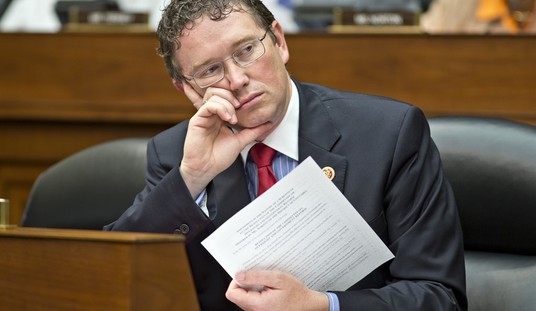If New York’s socialist Mayor Bill De Blasio gets his way, the city’s iconic horse drawn carriages will soon go extinct. As a candidate, De Blasio promised to eradicate the handsome cabs from the city’s streets, and today he has offered a bill to the city council that would do that.
The De Blasio bill bans all horse drawn carriages in New York, destroying an industry that generates romance along with about $19 million per year. The bill would also allow carriage drivers and stable tenders to obtain “green” cab operators licenses free of charge, and retrain them. Horses would have to be sold off, but could not be sold to slaughterhouses. If the bill passes, the horse drawn carriage industry would disappear from New York in 2016.
While De Blasio champions abolishing horse drawn carriages mainly as an animal rights move, there may be a more mundane motivation: Money. The carriage industry’s stables occupy land that real estate developers want. Robert Stacy McCain reported on that earlier this year.
The bad guy in this drama, according to the carriage drivers, is Steve Nislick, former chief executive officer of a New Jersey-based real-estate development company, Edison Properties.* The company “employs legions of lobbyists to influence city decisions on real estate and zoning in its favor,” journalist Michael Gross reported in 2009, pointing out that two of Edison’s businesses “have multiple locations in the same Far West Midtown neighborhood as the stables where the Central Park horses are housed.” An anti-carriage pamphlet Nislick circulated in 2008 made this interesting observation: “Currently, the stables consist of 64,000 square feet of valuable real estate on lots that could accomodate up to 150,000 square feet of development. These lots could be sold for new development.”
More at the link.
Viewed through the real estate lens, then, abolition of the horse drawn carriage industry is another form of the eminent domain issue that has percolated in American property rights politics for the past decade or so. Only, instead of the city simply seizing private property outright by naked force to hand to a private (tax generating) corporation, as in the infamous Kelo case, it is abolishing a whole industry in order to make certain valuable real estate available. The same ends are at work in both — forcing a changing of ownership to generate more tax revenue, which De Blasio and company will then spend on their big government schemes.









Join the conversation as a VIP Member